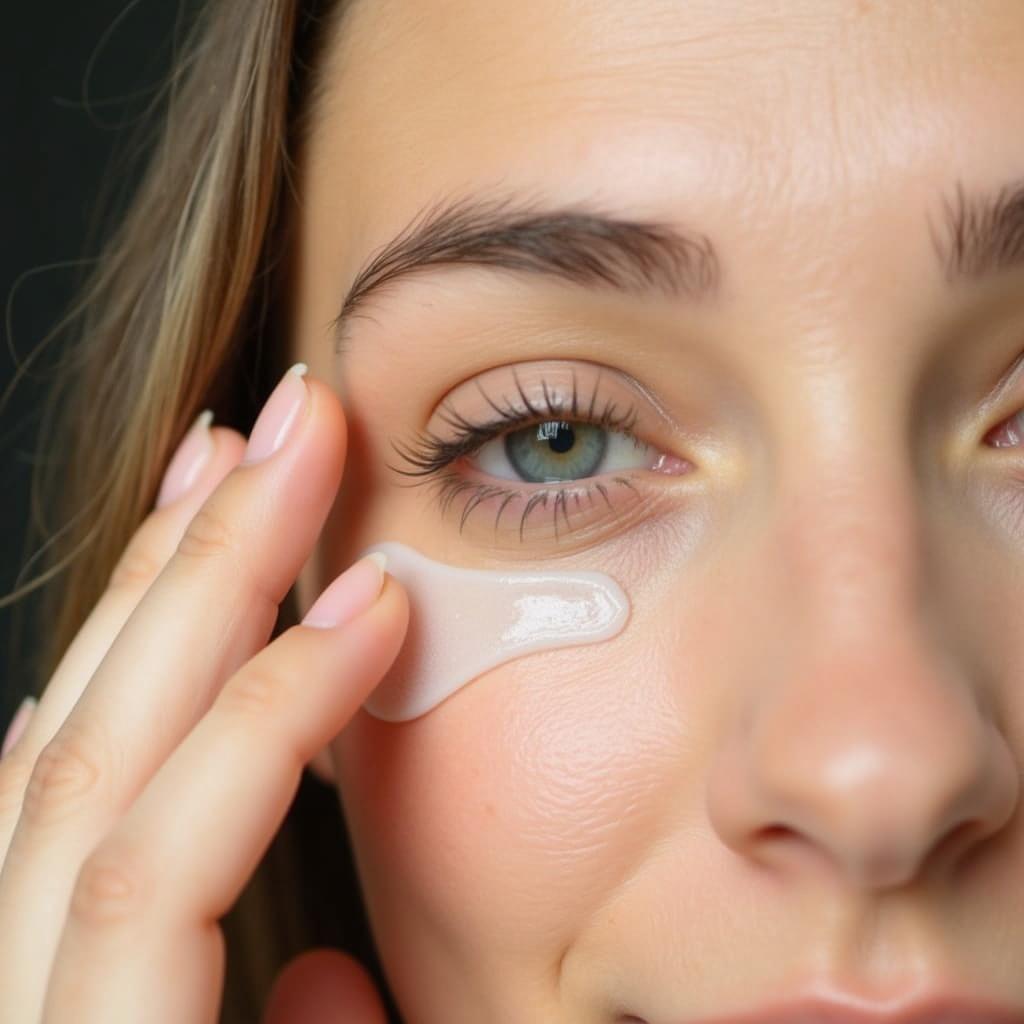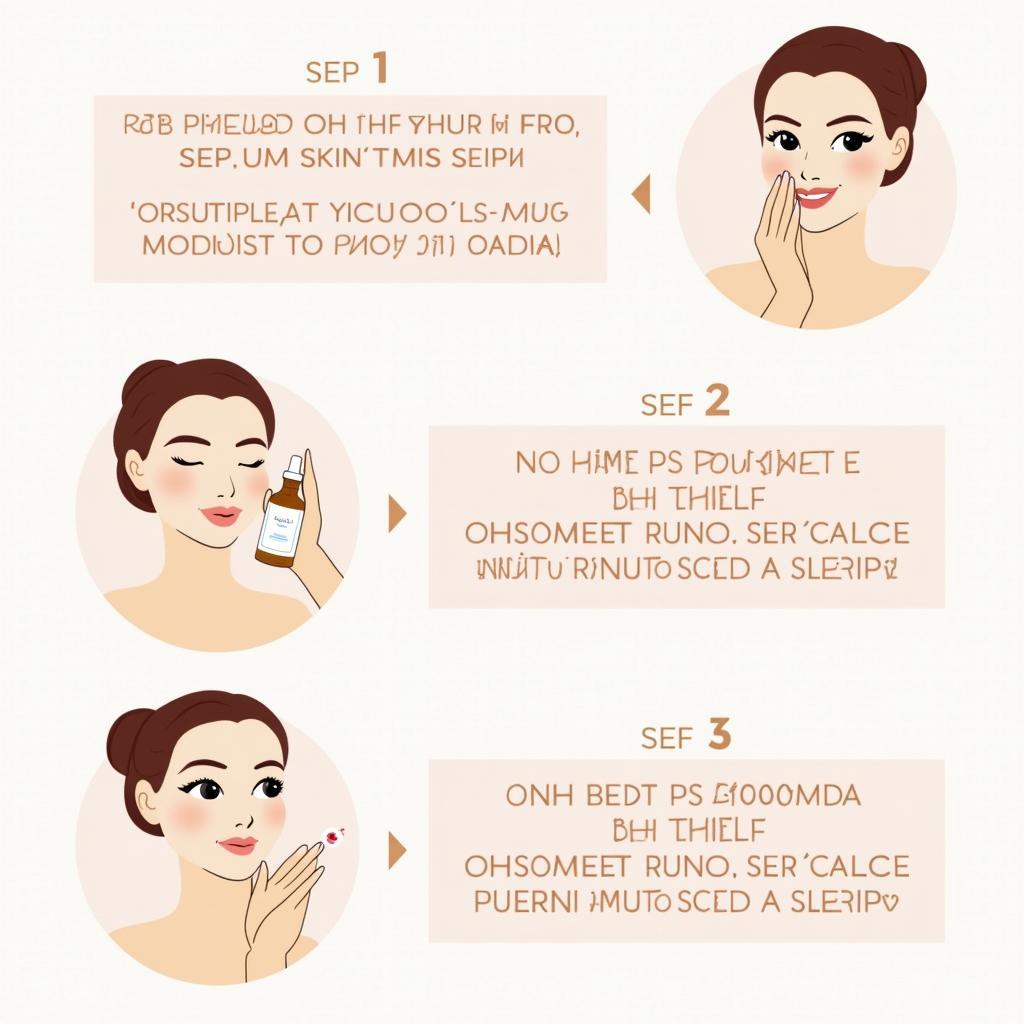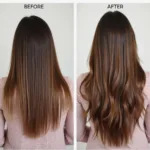
Sunscreen in the Eyes: What to Do and How to Prevent It
- AmazoniaSilva
- Tháng 1 24, 2025
- Zodiac signs
- 0 Comments
Sunscreen In The Eyes is a common summertime woe, and it can range from mildly irritating to intensely painful. This article explores the causes, symptoms, and remedies for getting sunscreen in your eyes, along with preventative measures to keep your eyes safe and comfortable while enjoying the sun.
Why Does Sunscreen in My Eyes Hurt So Much?
The active ingredients in sunscreen, both chemical and mineral, are designed to protect your skin from the sun’s harmful UV rays. However, these same ingredients can irritate the delicate membranes of your eyes. Chemicals like oxybenzone and avobenzone can cause stinging and burning, while mineral sunscreens containing zinc oxide or titanium dioxide can create a gritty, uncomfortable sensation. These particles can scratch the cornea, leading to further discomfort and potential damage. What’s more, some sunscreen formulations contain added fragrances and preservatives which can exacerbate eye irritation.
If you’re interested in alternative sun protection methods, check out our article on paint on sunscreen.
Common Symptoms of Sunscreen in Eyes
- Stinging or burning sensation
- Redness and watering
- Blurry vision
- Sensitivity to light
- Feeling of something in the eye
How to Get Sunscreen Out of Your Eyes
The first thing to do if you get sunscreen in your eyes is to remain calm. Rubbing your eyes will only worsen the situation. Instead, follow these steps:
- Flush your eyes with cool, clean water. This is the most effective way to remove the sunscreen. Use a gentle stream of water from a sink or a bottle of purified water for at least 15 minutes.
- If you wear contact lenses, remove them carefully after flushing your eyes.
- Avoid using eye drops unless recommended by a doctor. Some eye drops may interact with the sunscreen chemicals and cause further irritation.
- If the irritation persists after flushing, seek medical advice.
 Person rinsing their eyes with water after getting sunscreen in them
Person rinsing their eyes with water after getting sunscreen in them
Preventing Sunscreen from Getting in Your Eyes
Taking preventative measures is the best way to avoid the discomfort of sunscreen in your eyes. Here are some tips to keep your eyes protected:
- Apply sunscreen carefully around your eyes. Avoid applying it too close to the eyelid.
- Wear sunglasses. This will provide a physical barrier between your eyes and the sunscreen.
- Use a stick sunscreen around the eyes. Stick sunscreens are less likely to drip or run into your eyes. They can also be beneficial for targeted application.
- Try a sport sunscreen. These formulations are designed to be sweat-resistant and less likely to migrate, reducing the risk of getting sunscreen in your eyes.
- Wash your hands thoroughly after applying sunscreen. This will prevent accidental transfer to your eyes when you touch your face.
You might find it helpful to have a dedicated sun safety kit to ensure you have everything you need for safe sun exposure.
Expert Advice on Sunscreen and Eye Care
Dr. Amelia Hayes, a renowned ophthalmologist, emphasizes, “Protecting your eyes from the sun is just as important as protecting your skin. Choosing the right sunscreen and applying it carefully can prevent unnecessary discomfort and potential eye damage.” She further advises, “If you experience persistent eye irritation after exposure to sunscreen, consult an eye doctor immediately.”
 Applying sunscreen carefully around the eye area
Applying sunscreen carefully around the eye area
Conclusion
Sunscreen in the eyes is a common problem that can be easily avoided with a little care and attention. By following the preventative measures outlined in this article and knowing how to react quickly if sunscreen does get in your eyes, you can ensure a comfortable and safe experience while enjoying the sun. Remember, protecting your eyes is just as crucial as protecting your skin from the harmful effects of UV radiation.
FAQs
- Can sunscreen permanently damage my eyes?
- While temporary irritation is common, permanent damage from sunscreen is rare. However, persistent or severe pain warrants medical attention.
- What type of sunscreen is best for sensitive eyes?
- Mineral sunscreens formulated for sensitive skin are often a good choice, but it’s best to test a small area first.
- Can I wear contact lenses while applying sunscreen?
- It’s best to apply sunscreen before putting in your contacts to avoid trapping sunscreen particles between the lens and your eye.
- Are there any alternative ways to protect the delicate skin around my eyes?
- Yes, consider wearing a wide-brimmed hat and sunglasses to provide additional protection. You could also explore eye cream for rosacea or collagen and retinol cream for additional skin benefits.
- What should I do if I accidentally rub my eyes after getting sunscreen in them?
- Flush your eyes immediately with cool water and avoid further rubbing. If the irritation persists, seek medical attention.
- Is it safe to use baby sunscreen around my eyes?
- Baby sunscreens are often gentler, but they can still cause irritation if they get in your eyes. Apply carefully and follow the same precautions as with adult sunscreen.
- Can sunscreen expire?
- Yes, check the expiration date on your sunscreen bottle and replace it as needed. Expired sunscreen may be less effective and could irritate your eyes.
Related Questions and Articles
- What are the best sunglasses for UV protection?
- How to choose the right sunscreen for your skin type?
- sunscreen in eyes remedy
For further assistance, please contact us at [email protected] or visit us at Fifth Avenue, 34th Floor, New York, NY 10118, USA. We have a 24/7 customer support team ready to help.


